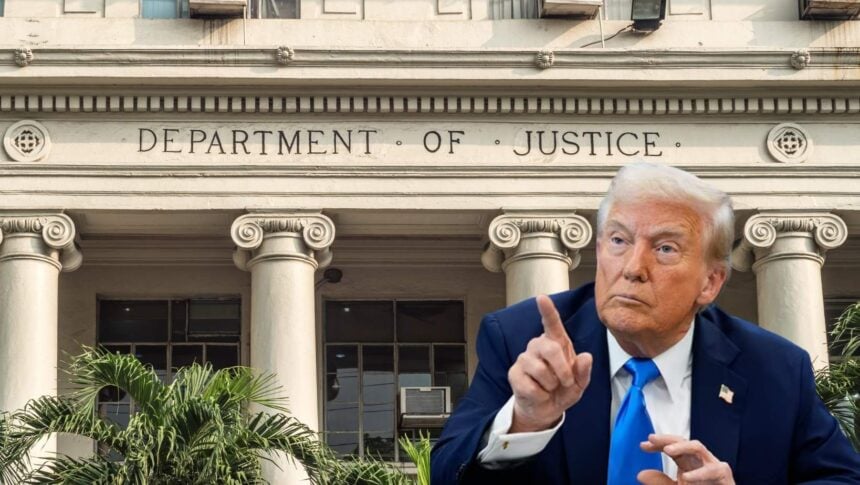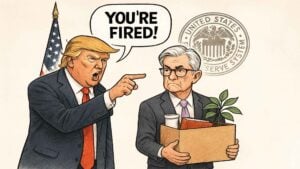The criminal case against former FBI Director James Comey is barely underway, yet legal experts say President Donald Trump’s own commentary may already be weakening it.
After a federal grand jury in Alexandria returned an indictment on two counts tied to Comey’s 2020 Senate testimony, the president celebrated online and urged swifter prosecutions of several political foes.
Those statements, layered on top of abrupt personnel changes inside the U.S. Attorney’s Office that brought the case, could give Comey’s defense ammunition to ask a judge to throw it out before trial.
Comey is charged with making a false statement to Congress and obstructing a congressional proceeding, both stemming from his September 30, 2020 appearance before the Senate Judiciary Committee.
The indictment was signed by Lindsey Halligan, the newly installed U.S. Attorney for the Eastern District of Virginia.
The Justice Department announced the charges last week and posted the charging document on the court docket.”
Trump’s long feud with Comey has never been subtle, and it did not pause when the case landed. In posts after the indictment, Trump labeled Comey “corrupt” and “a dirty cop,” declared him “guilty,” and praised the prosecution.
Gene Rossi, a former federal prosecutor, said the public record of presidential pressure and commentary supplies “factual evidence” for defense claims that the government targeted Comey because of who he is, not what he did.
Rossi, speaking to CBS News, added that those arguments typically face an uphill climb but could gain traction here given how the case took shape.
Courts rarely dismiss indictments on claims of selective or vindictive prosecution.
To prevail, defendants generally must show others similarly situated were not charged and that prosecutors acted with improper intent.
Carissa Byrne Hessick, a law professor who studies prosecutorial power, told CBS News such motions are hard to win in ordinary cases.
This one may be different, she said, because the president’s running commentary is evidence a judge can read in black and white, and because of the unusual events inside the office that brought the charges.
The rollout has been bumpy, at a short hearing that followed the grand jury session, a magistrate judge questioned why two versions of the indictment appeared on the docket, one of which included a third count the grand jury had declined to approve.
Career prosecutors in the Alexandria office had also drafted a memo urging against charging Comey, according to CBS reporting.
Halligan, a former Trump lawyer who took over as U.S. Attorney days before the indictment, is listed as the government’s sole counsel of record.
Comey has denied wrongdoing as in a video statement, he said: “I’m innocent, so let’s have a trial and keep the faith.”
His team is expected to move to dismiss the case, likely citing selective and vindictive prosecution and the government’s irregular handling of the indictment.
Even if those arguments do not end the case outright, they could shape the judge’s view of contested evidence or the credibility of the government’s choices.
Why this matters goes beyond a single defendant. The Justice Department has long tried to insulate charging decisions from political pressure.
A president’s real-time running commentary about who should be prosecuted, and when, cuts against that norm. Courts historically give prosecutors wide latitude, but they also guard the appearance of fairness.
If defense lawyers can point to the president’s own words as a roadmap of animus, they gain a narrative that judges must address.
For now the legal merits turn on what Comey said in 2020 and whether prosecutors can prove he knowingly lied and obstructed.
The political backdrop is impossible to separate from that question, and it is one the government does not control.
Every celebratory post or directive from the White House is another exhibit the defense can staple to a motion to dismiss.
The risk for prosecutors is not only losing the case. It is losing it for reasons that will be written into the opinion, broadcast to every future defendant, and cited as a cautionary tale about how not to bring a politically sensitive prosecution.
If that happens, it will be because the government’s case collided with the president’s words, and the words left a trace the law cannot ignore.




















